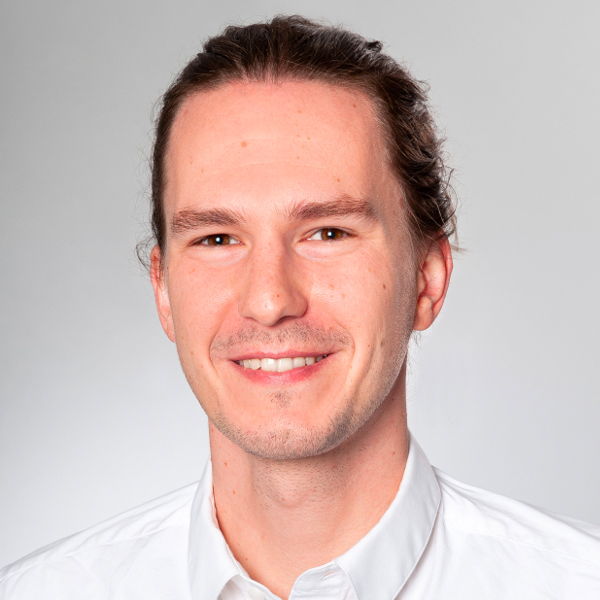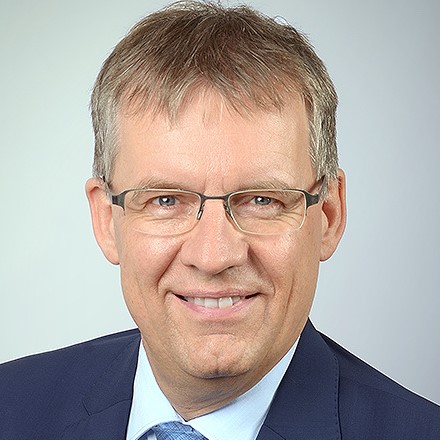
Source: edited by Priska Tosch with igv.org
Streaming for genome research
It had taken almost 13 years, in 2003 the time had come: the human genome was decoded. The gigantic project swallowed up about three billion dollars. But from now on it was possible to investigate hereditary and infectious diseases as well as the molecular mechanisms of carcinogenesis in greater depth.
The emergence of parallel sequencing methods has drastically reduced costs in recent years: While the costs for sequencing a human genome in 2008 were still around one million dollars, they fell to only 1000 dollars by 2017. As a result, enormous amounts of data are generated. At the current growth rate (the amount of sequencing data doubles every seven months or so), it is expected that in 2025 alone about one zettabyte – or one billion terabytes – of sequencing data will be generated.
Reason enough for the Moving Picture Experts Group (MPEG) to work on a new standard for the compression, storage and transmission of sequencing data: MPEG-G.
Since its inception over 30 years ago, MPEG has developed several generations of successful standards, including MP3 and AAC for audio and AVC/H.264, and HEVC/H.265 for video. MPEG-G is intended to make the use of sequencing data as easy as streaming an audio file or watching a film – while taking into account all data protection requirements for doctors and hospitals.
At L3S and at the Institute for Information Processing Prof. Dr. Bodo Rosenhahn, Prof. Dr. Jörn Ostermann and Jan Voges investigate how sequencing data can be compressed, stored and processed and contribute to the development of the MPEG standard. The scientists are testing the new methods in practical applications, for example for risk assessment of the human respiratory syncytial virus (RSV) – the most frequent cause of acute infections of the lower respiratory tract in infants. For the future, the researchers expect their work to be used in numerous practical studies and in personalised medicine.
Featured Projects
Contact

Dipl.-Ing. Jan Voges
Jan Voges is a research associate at L3S . He deals with the application of information theory in the field of bioinformatics.

Prof. Dr.-Ing. Jörn Ostermann
Prof. Dr.-Ing. Jörn Ostermann is a member of L3S and heads the Institute for Information Processing at Leibniz Universität Hannover. He conducts research in the field of signal processing with a focus on video, sequencing and audio data.


